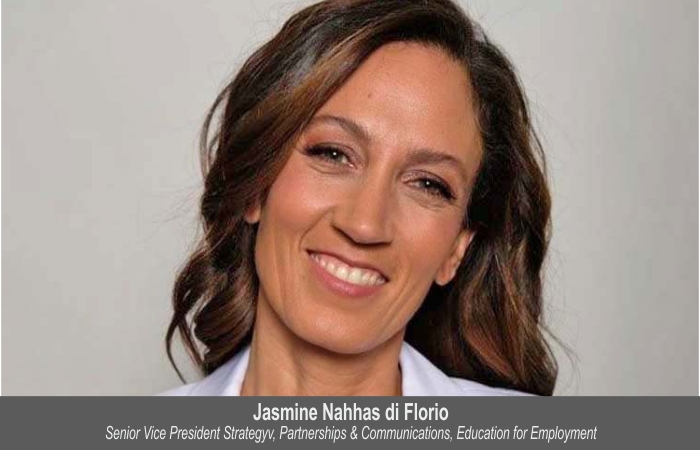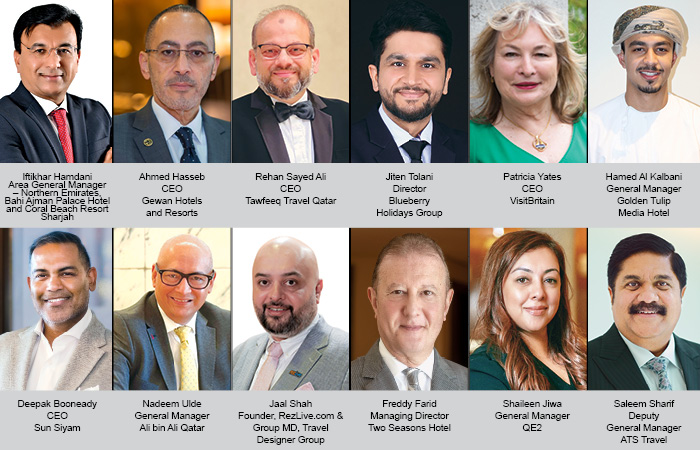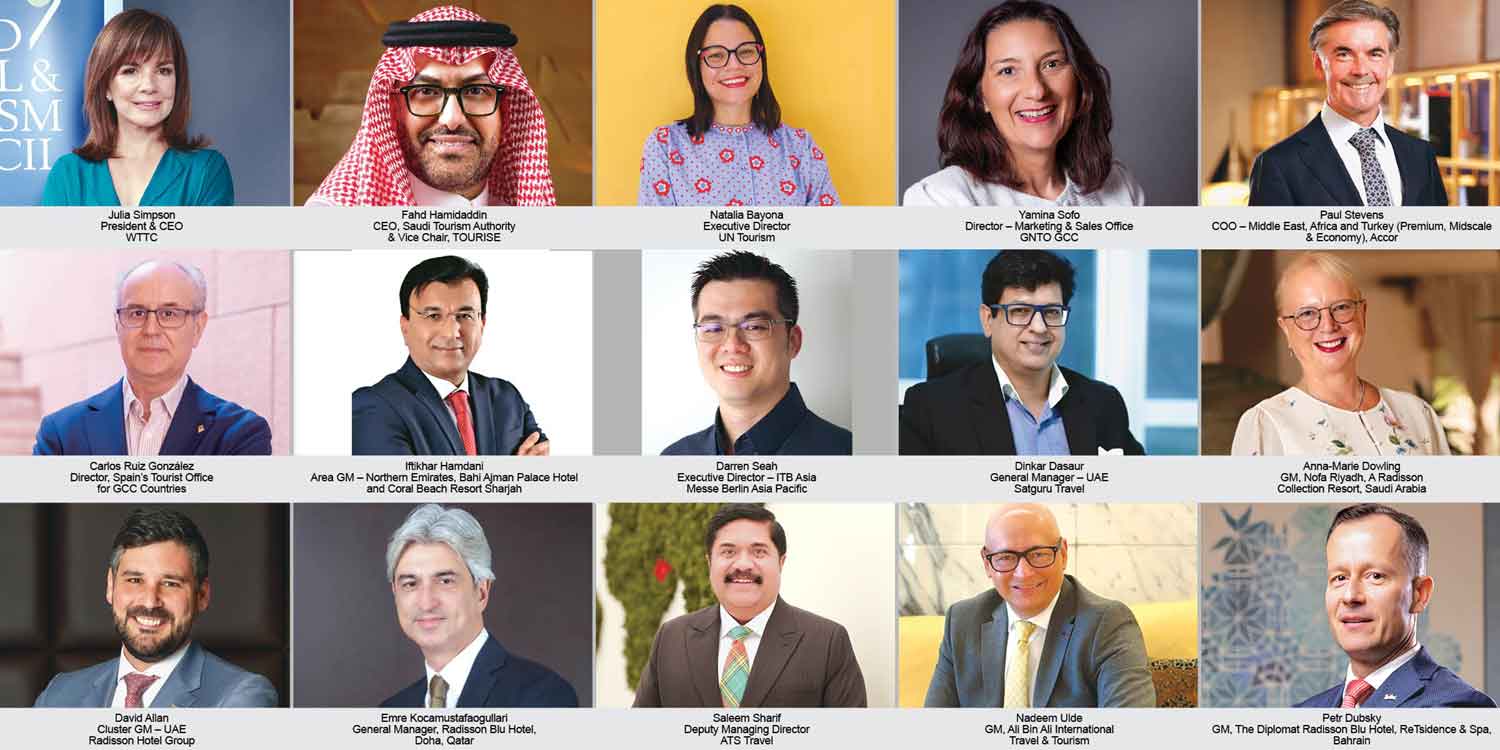The travel industry, which is one of the leading employers in the MENA region, is witnessing a major re-skilling drive in the wake of the ongoing COVID-19 pandemic across the globe, says a top executive of Education for Employment. As the worst effects of COVID-19 ebb, things have started looking up. Most indicators point to travel coming back with a vengeance.
Rapidly changing government policies to curb the impact of different variants of the coronavirus and shifts in people’s travel behaviour during the pandemic have led to the restructuring of the hospitality sector,” said Jasmine Nahhas di Florio, Senior Vice President Strategy, Partnerships, Communications, Education for Employment. “A temporary demand drops in the travel segment, which is recovering fast, has provided an opportunity for re-skilling and up-skilling inorder to meet the new sets of requirements in the industry,” said Jasmine.
Some of the wealthy MENA countries, like UAE, Bahrain and Qatar, have achieved high vaccination rates and are slowly allowing travellers from less-affected countries, she said. In a latest move, the UAE has opened tourist visas for all nationalities and countries.
She also highlighted that many countries in the region are looking to allow quarantine-free travel for those who are fully vaccinated against COVID-19. “Such moves are bound to create more employment in the travel sector,” Jasmine said. Prior to the COVID-19 outbreak, Europe and the Middle East accounted for more than a third of global air passenger traffic and almost half of the total earnings from inbound international tourism. According to the report in 2018 by United Nations World Tourism Organisation (UNWTO), around 87 million tourists visited MENA countries and generated US$ 72 billion from the tourism sector.
The report further reveals that Saudi Arabia is the largest MENA destination (21 million visitors) due to religious travelers visiting Mecca and Medina. Dubai continues to enjoy the highest tourism growth in 2018 where US$ 21 billion were spent by international tourists in Dubai. Travel and tourism accounted for 10 per cent of global GDP and 320 million jobs, worldwide.
“As the worst effects of the COVID-19 pandemic ebb, things have started looking up. Most indicators point to travel coming back with a vengeance,” said Jasmine of EFE, a non-profit organisation working to connect MENA’s youth to the world of work.
A recent survey of 4,700 respondents from 11 countries around the world, conducted by the International Air Transport Association (IATA), revealed that 57 per cent of them expected to be travelling within two months of the pandemic’s containment, and 72 per cent will do so as soon as they can meet friends and family.
“The travel industry needs to provide customers with tailor-made services that could ensure their health and value for money. Digital literacy and emotional intelligence skills will help travel industry workers stay relevant in this more dynamic and digitised market,” said Jasmine Nahhas di Florio.
 TravTalk Middle East Online Magazine
TravTalk Middle East Online Magazine




